The first on the beach: Memories of D-Day from one of Northamptonshire's last commandos
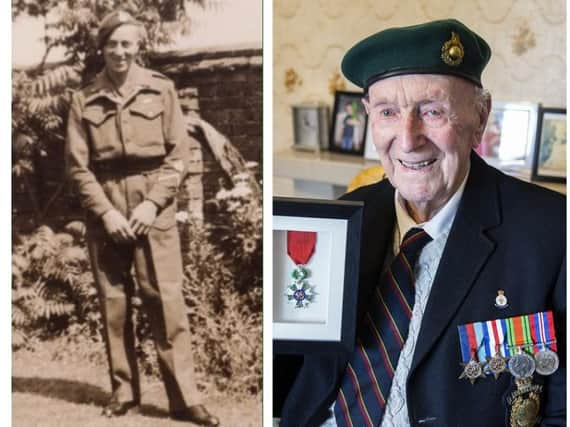

FEATURE
What does it mean to be a commando?
It's a word often linked with bravery, or toughness, or self-sufficiency and rugged hard work in the midst of enemy territory. Maybe it means to be an elite force in an army's infantry.
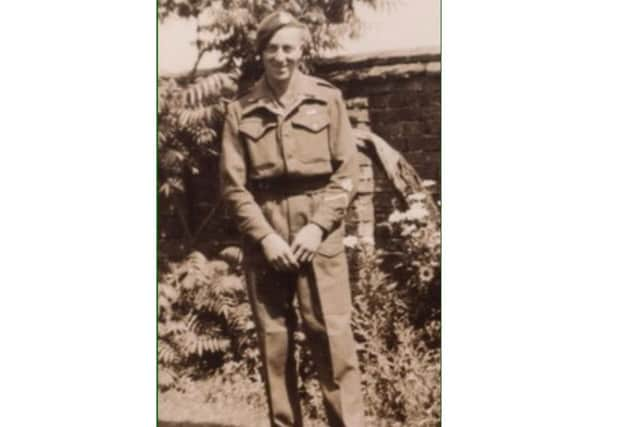

But 96-year-old Ernie Wheeler, from Weedon Lois, puts it more bluntly. "Being a commando meant you were first in line."
Advertisement
Hide AdAdvertisement
Hide AdAnd Ernie and the rest of the No. 47 Royal Marine Commando really were the first in line. They were the first to arrive on the shores of Gold Beach on the dark morning of D-Day, June 6, 1944.
Marine Wheeler himself was in the S Troop Heavy Weapons division - he arrived in Normandy armed with a 21lb Bren light machine gun
He told the Chronicle and Echo: "I remember it being dark. It was very early morning at least.
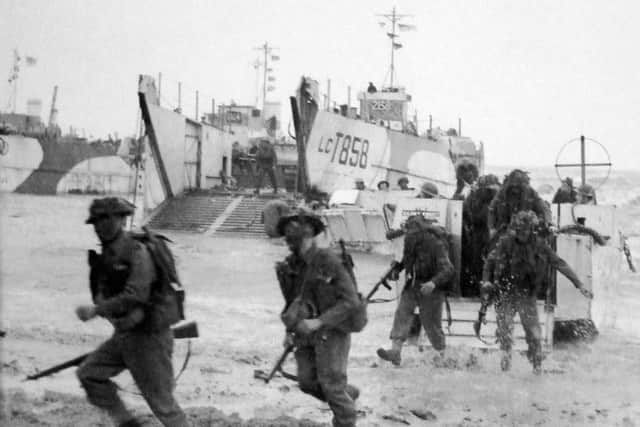

"All you could think about was if you were going to land alright. We didn't know what to expect
Advertisement
Hide AdAdvertisement
Hide Ad"We hadn't been told what was happening until only a few days before. They never told you much until you were just about to do it."
What Mne. Wheeler and his fellow Green Berets were tasked with what was later known as the Battle of Port-en-Bassin.
The small French fishing harbour was under Nazi control - and it was one of the Allied Forces most vital objectives.
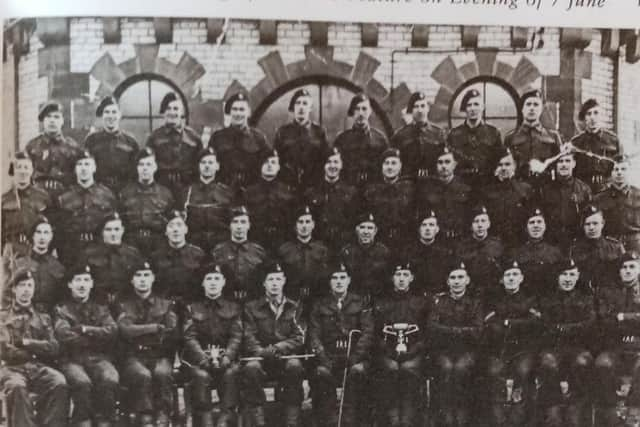

Ernie said: "We had to take the port as soon as possible. The Allies had a pipeline [later known as the PLUTO pipeilne] halfway under the channel so they could supply their tanks with petrol during the campaign. But they couldn't finish it without taking Port-en-Bassin."
Advertisement
Hide AdAdvertisement
Hide AdFrom the moment their feet touched the ground on Gold beach, Ernie and the 47 force marched 11 miles inland so they could sweep around and attack the port from behind.
Ernie said: "You wouldn't believe how happy the French civilians were to see us. They were chuffed to bits. I still remember talking to them."
The Battle of Port-en-Bassin began in the early morning of June 7.
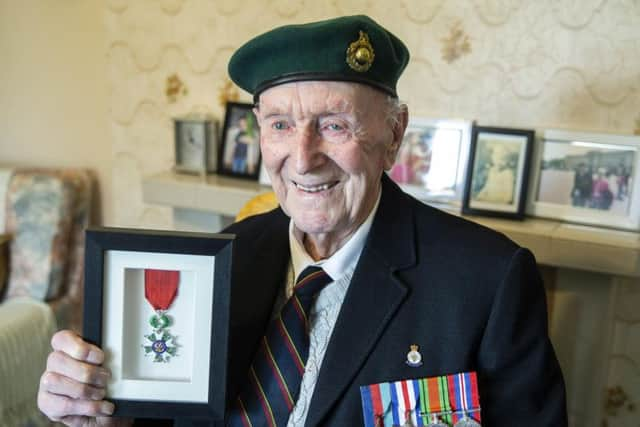

"There was so much going on," said Ernie. "You just tried to look after yourselves.
"I'd rather not talk about some of it."
Advertisement
Hide AdAdvertisement
Hide AdIt was a costly fight that lasted until 4am on June 8. The German positions were captured through the heroic efforts of the 47.
It ended with the Germans' surrender. By the end of the battle, they suffered 136 casualties - 46 killed and 70 wounded.
Historian Sir Robert Bruce Lockhart described the battalion's as "the most spectacular of all commando exploits during the actual invasion".
In 2017, Ernie was able to travel to London from his home in Northamptonshire for a reunion with the 47. But it was a bittersweet occasion.
Advertisement
Hide AdAdvertisement
Hide Ad"There were 580 of the No 47 that I remember," said Ernie. "There were only 23 of us at the reunion. I don't expect there are many of us left now."
Yet Ernie and his battalion's efforts were not forgotten.
It took until 2016 to arrive, but Ernie received the highest French military honour - the Legion d'Honneur - for his part in the fight for the freedom of France.
Today, Ernie and his wife Evelyn - who will celebrate their 70th weeding anniversary this year - have three granddaughters and six great grandchildren. He will be the guest of honour at a commemorative dinner for the 75th anniversary of D-Day in Weedon Lois.